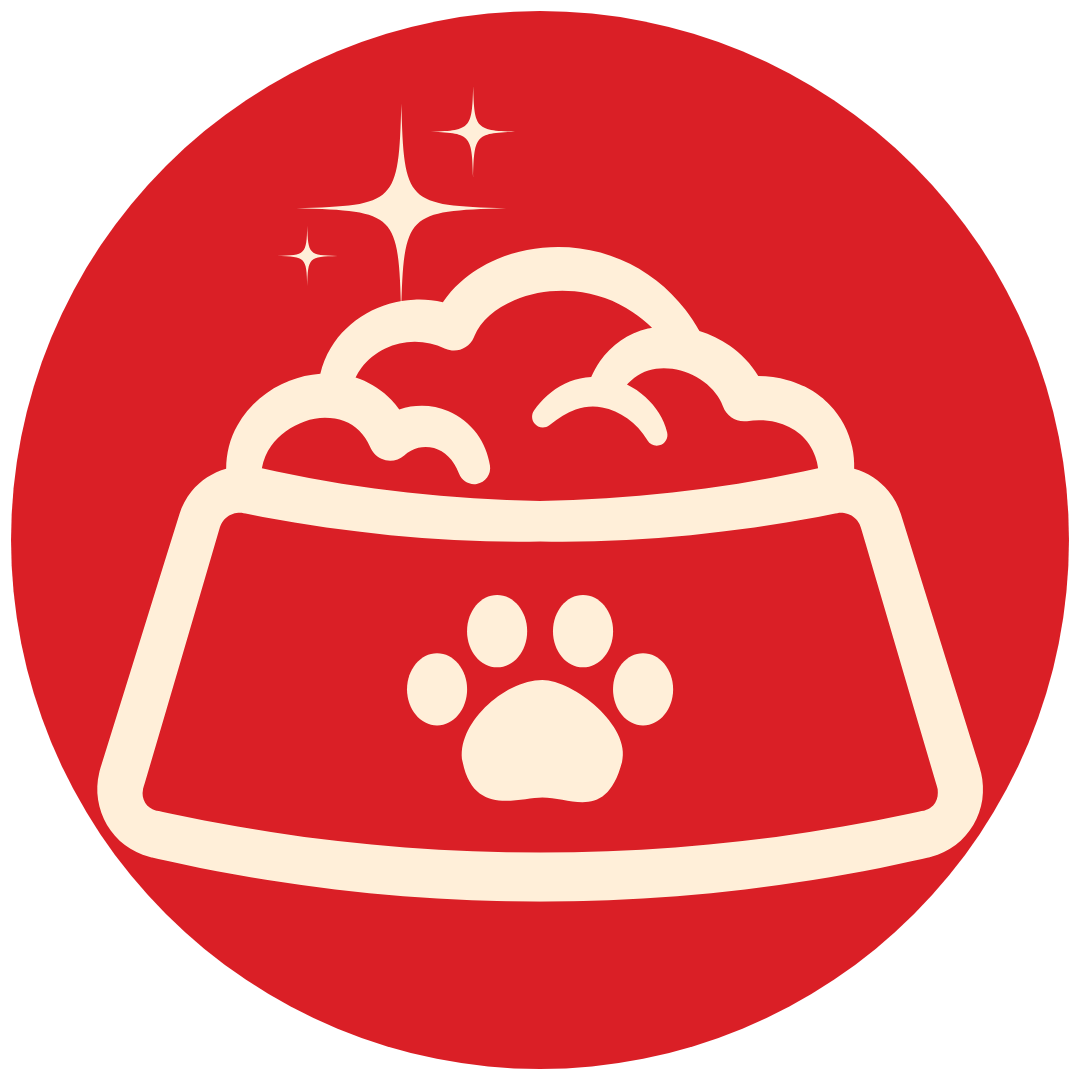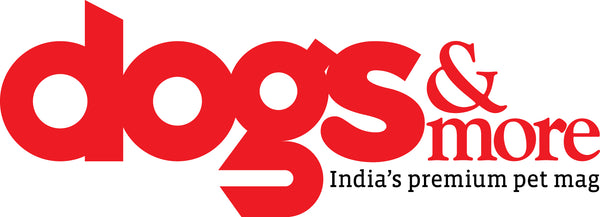Being a pet parent has many perks. They have access to an infinite amount of cuddles, kisses, & also many questions! More often than not, these questions need answers by qualified vets. Not everyone can have access to them at all times. But what if we told you, we have the pawfect solution to this?
At Wiggles, we truly care for your pets. We understand that pets can bring on some unprecedented challenges. And we are here to support you through thick & thin.
That’s why we have created Wiggles Tribe on Facebook! It is an ever-growing community of pet parents who have come together under one roof to share their experiences. Not just that, our in-house vets are also a part of this group. All the queries posted by pet parents are answered by them! From food to skin issues, our vets are always active on Wiggles Tribe.
And to make the journey of pet parenting a little easier, our vets have compiled the top 5 FAQs (Frequently Asked Questions) on Wiggles Tribe. Here are the answers to them -
- My pet (cat/dog) is facing extreme hair fall/shedding. What can I do about it?
Hairfall & shedding is common in our pets. While some breeds shed less, other breeds shed a lot more. There can be many reasons as to why your pet is facing excessive shedding.
- Diet - It is possible that their diet is not fulfilling & wholesome. Start including essential fatty acids like Omega 3 & Omega 6. You can opt for oils like coconut oil, sweet almond oil, and hemp seed oil. Mix a few drops daily in their food & use it to massage their skin once in 15 days.
- Grooming - Breeds like Golden Retrievers, Shih Tzus, etc require regular grooming to keep their coat & hair in good health. Excessive shedding is a sign that your pet needs to be groomed. Grooming increases blood flow to the hair follicles thereby providing them all essential nutrients that healthy skin requires.
- Dry skin - It can lead to hair fall as well. Use oils such as Hemp Seed Oil to massage on dry skin and keep it moisturized. Another reason can be dehydration. Keep your pets hydrated at all times by keeping a clean bowl of water. You can also opt for veg & non-veg soups to maintain their hydration levels.
- How often should my pet be dewormed? Is deworming necessary?
Deworming is a necessary step to keep your pet worm-free. Worms can upset the health of your pet. Some signs of worms are -
- Worms & eggs in the feces
- Worms in vomit
- Weakness, constant hunger, & weight loss
For dogs, deworming should start during their puppy phase. Ideally, they should be dewormed after every 3 months. The same procedure is to be followed if you have a cat as a pet. The dose of deworming will depend on the weight of your pet. Check with your vet without fail for the appropriate dosage.
- My pet is facing tick problems. What can I do to get rid of them?
Ticks are parasites who live by feeding off of your pets. They are extremely dangerous & can cause tick fever. To get rid of ticks, you can use anti-tick shampoo & tick repellant spray. Additionally, you can also use coconut oil to massage their body. Coconut oil is known to have tick repelling properties. Diluted apple cider vinegar can also be used topically as a spray.
Brush your pet once a day & regular grooming sessions will also help in the long run. Always check your pet’s body by running your hands. Take all the precautions to avoid tick infestation.
- Can I give milk to my young pet? Is it safe for them?
Puppies & kittens can be given milk as they can easily digest it. But as they grow, the enzyme which aids the digestion of milk reduces. Most of our pets are lactose intolerant hence giving milk is not the best option. Instead, you can feed them milk products like paneer, curd, buttermilk, etc. They are healthier & can be easily digested too.
- What food items are safe for dogs & cats & what food items should be avoided?
You can easily feed dogs & cat the following food items -
- Chicken, eggs, meat & fish, salmon (all cooked)
- Vegetables like carrot, green peas, spinach, broccoli, & pumpkin
- Fruits like banana, apple, blueberries
- Oats, milk products like cheese, buttermilk, paneer, curd
- For dogs - peanut butter is also safe (make sure it is xylitol free)
These food items must be avoided -
- Sugar, Salt & Xylitol
- Chocolate
- Coffee
- Nuts
- Grapes & Raisins
- Onions
- Garlic
Our in-house vets have answered these questions time & again. And for your convenience, we have compiled them here, under one roof! Got more questions to ask? Don’t worry, our vets will answer them too!
Join Wiggles Tribe on Facebook today. Get access to a pawsome pet-community & get asking! Share your experiences with other pet parents. Participate in fun contests & stand a chance to win goodies! Wait no more & become a part of the tribe, today!



















